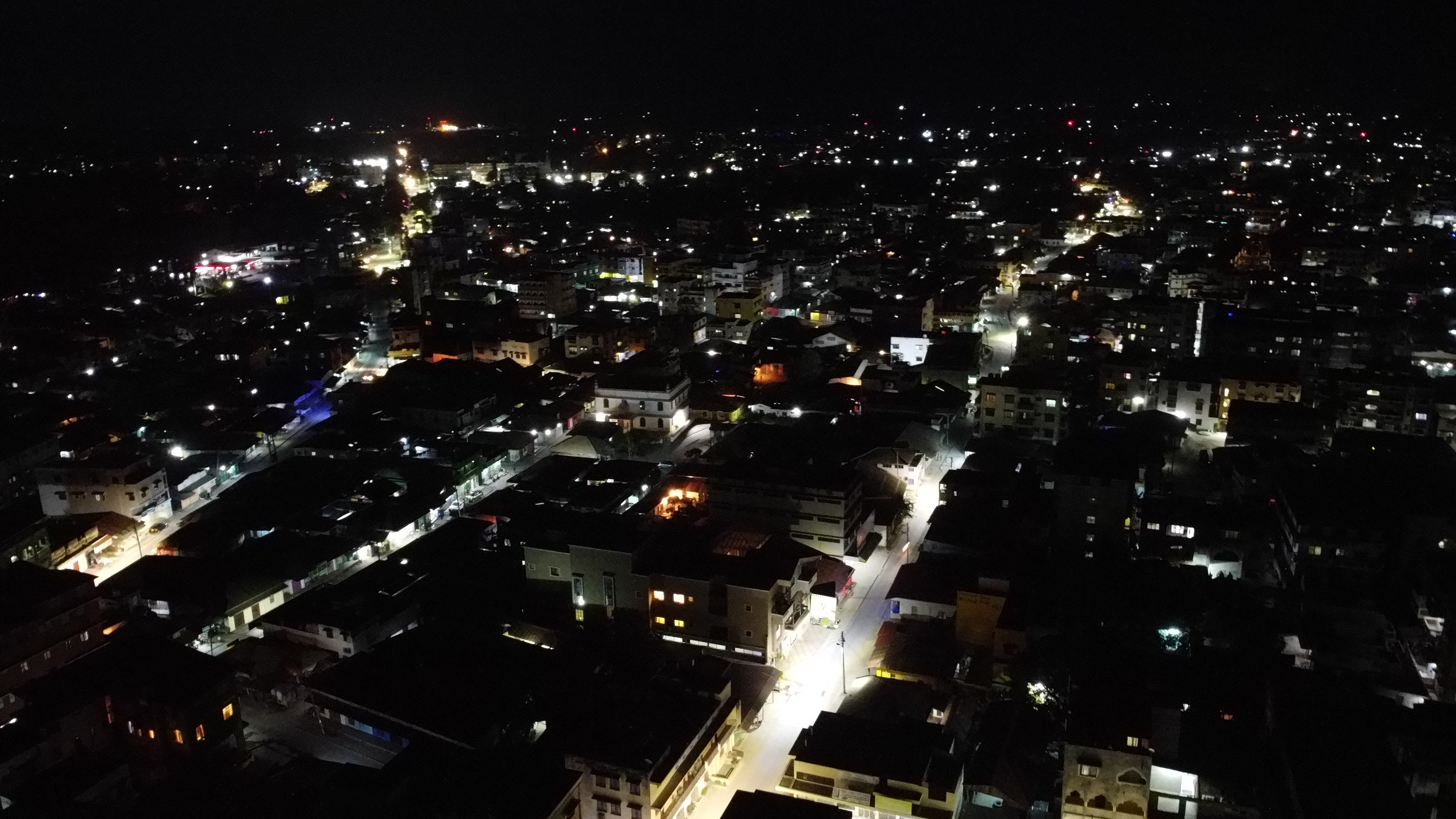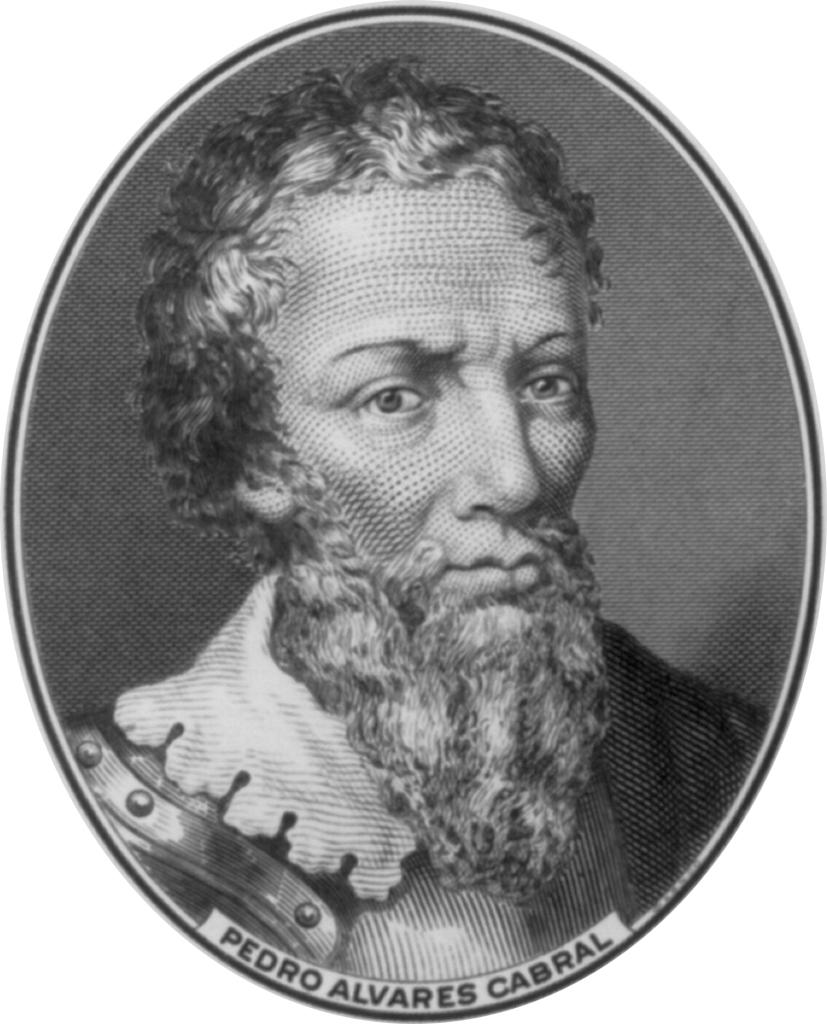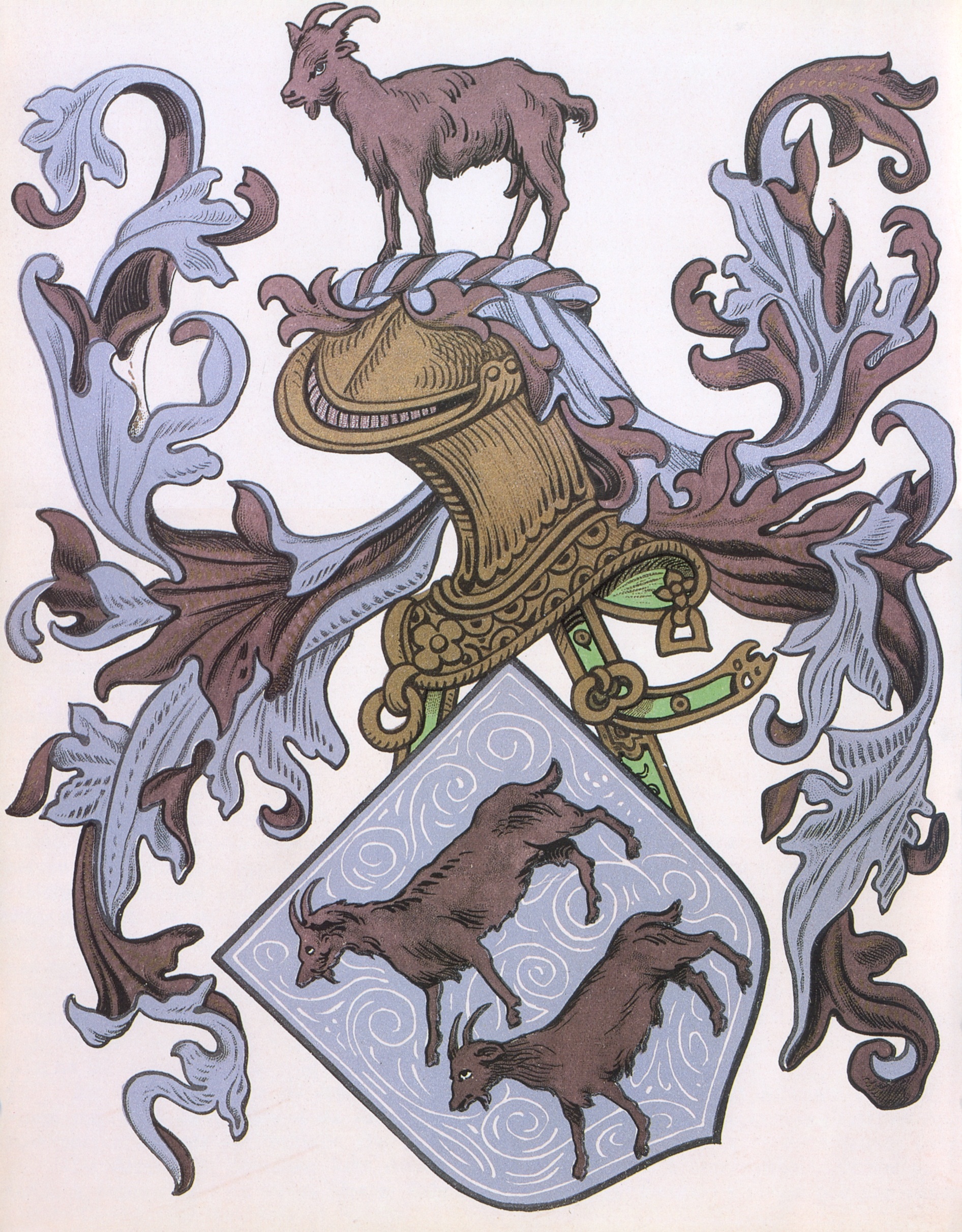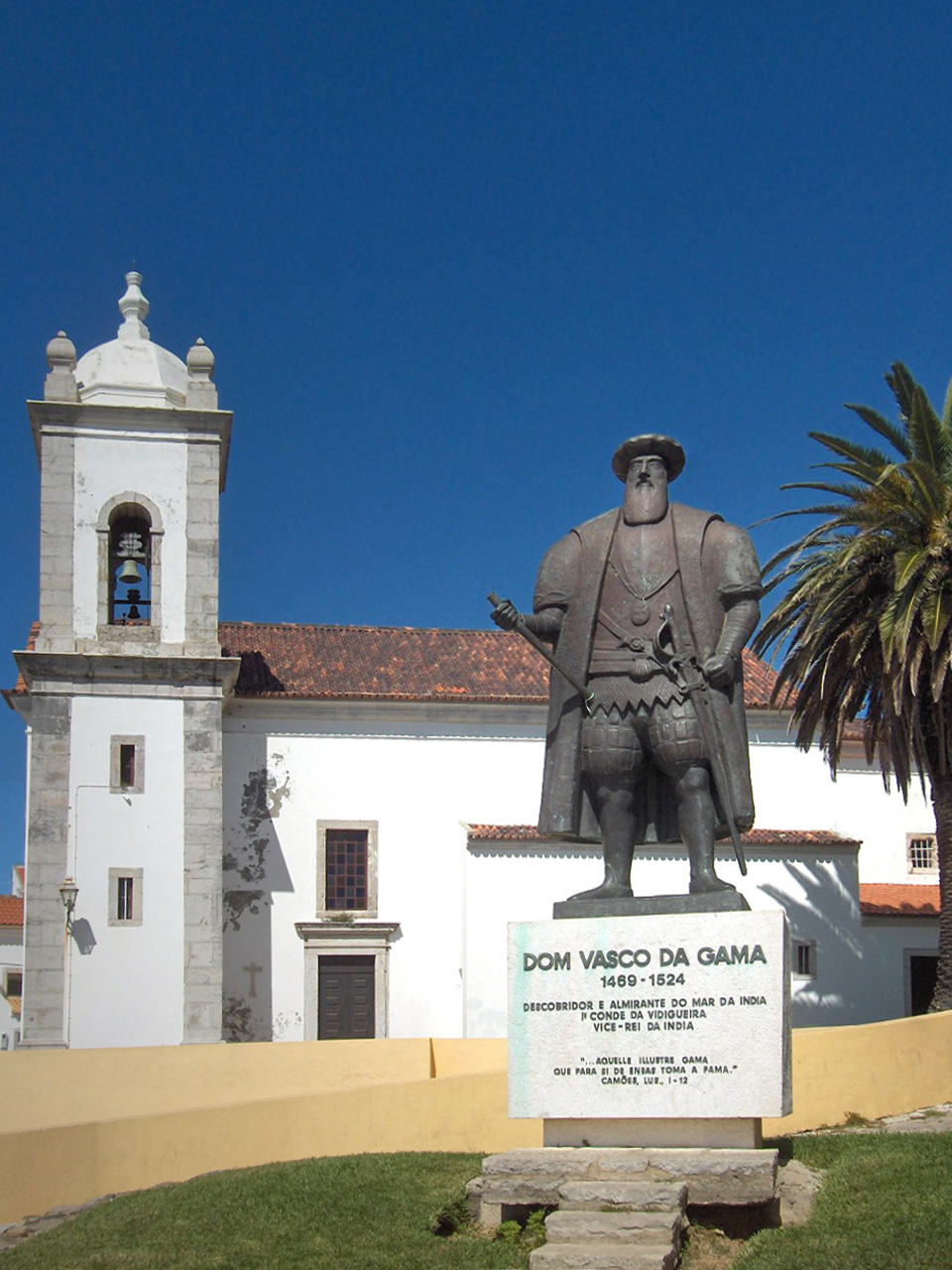|
Degredado
''Degredado'' is the traditional Portuguese term for an exiled convict, especially between the 15th and 18th centuries. The term ''degredado'' (etymologically, a 'decreed one', from Latin '' decretum'') is a traditional Portuguese legal term used to refer to anyone who was subject to legal restrictions on their movement, speech or labor. Exile is only one of several forms of legal impairment. But with the development of the Portuguese penal transportation system, the term ''degredado'' became synonymous with convict exiles, and exile itself referred to as ''degredo''. Background Most ''degredados'' were common criminals, although many were political or religious prisoners (e.g. 'backsliding' New Christians), who had been sentenced to be exiled from the Kingdom of Portugal. The sentence was not always direct - many had been given long sentences of imprisonment (sometimes death), but took the option to have their sentences commuted to a shorter period of exile overseas, in servic ... [...More Info...] [...Related Items...] OR: [Wikipedia] [Google] [Baidu] |
Lançados
The ''lançados'' (literally, ''the thrown out ones'' Pardue 2015: p. 42 or ''the cast out ones'') were settlers and adventurers of Portuguese origin in Senegambia, Cabo Verde, Guinea, Sierra Leone, and other areas on the coast of West Africa. Many were Jews—often New Christians—escaping persecution from the Portuguese Inquisition. ''Lançados'' often took African wives from local ruling families, securing protection and advantageous trading ties. They established clandestine trading networks in weaponry, spices, and slaves. This black market angered the Portuguese Crown by disrupting its ability to collect taxes. Although never large in numbers, mixed-race children born to the ''lançados'' and their African wives and concubines served as crucial intermediaries between Europeans and native Africans. These mixed-race people wielded significant power in the early development of port economies in Bissau, Cacheu, and surrounding areas. The ''lançados'' originated the Portugues ... [...More Info...] [...Related Items...] OR: [Wikipedia] [Google] [Baidu] |
Colonial Brazil
Colonial Brazil ( pt, Brasil Colonial) comprises the period from 1500, with the arrival of the Portuguese, until 1815, when Brazil was elevated to a kingdom in union with Portugal as the United Kingdom of Portugal, Brazil and the Algarves. During the early 300 years of Brazilian colonial history, the economic exploitation of the territory was based first on brazilwood (''pau brazil'') extraction (16th century), which gave the territory its name; sugar production (16th–18th centuries); and finally on gold and diamond mining (18th century). Slaves, especially those brought from Africa, provided most of the work force of the Brazilian export economy after a brief period of Indian slavery to cut brazilwood. In contrast to the neighboring Spanish possessions, which had several viceroyalties with jurisdiction initially over New Spain (Mexico) and Peru, and in the eighteenth century expanded to viceroyalties of the Río de la Plata and New Granada, the Portuguese colony of Brazil ... [...More Info...] [...Related Items...] OR: [Wikipedia] [Google] [Baidu] |
Portuguese Language
Portuguese ( or, in full, ) is a western Romance language of the Indo-European language family, originating in the Iberian Peninsula of Europe. It is an official language of Portugal, Brazil, Cape Verde, Angola, Mozambique, Guinea-Bissau and São Tomé and Príncipe, while having co-official language status in East Timor, Equatorial Guinea, and Macau. A Portuguese-speaking person or nation is referred to as " Lusophone" (). As the result of expansion during colonial times, a cultural presence of Portuguese speakers is also found around the world. Portuguese is part of the Ibero-Romance group that evolved from several dialects of Vulgar Latin in the medieval Kingdom of Galicia and the County of Portugal, and has kept some Celtic phonology in its lexicon. With approximately 250 million native speakers and 24 million L2 (second language) speakers, Portuguese has approximately 274 million total speakers. It is usually listed as the sixth-most spoken language, the third-most sp ... [...More Info...] [...Related Items...] OR: [Wikipedia] [Google] [Baidu] |
Portuguese Mozambique
Portuguese Mozambique ( pt, Moçambique) or Portuguese East Africa (''África Oriental Portuguesa'') were the common terms by which Mozambique was designated during the period in which it was a Portuguese colony. Portuguese Mozambique originally constituted a string of Portuguese possessions along the south-east African coast, and later became a unified colony, which now forms the Republic of Mozambique. Portuguese trading settlements—and later, colonies—were formed along the coast and into the Zambezi basin from 1498 when Vasco da Gama first reached the Mozambican coast. Lourenço Marques explored the area that is now Maputo Bay in 1544. The Portuguese increased efforts for occupying the interior of the colony after the Scramble for Africa, and secured political control over most of its territory in 1918, facing the resistance of Africans during the process. Some territories in Mozambique were handed over in the late 19th century for rule by chartered companies like the ... [...More Info...] [...Related Items...] OR: [Wikipedia] [Google] [Baidu] |
Malindi
Malindi is a town on Malindi Bay at the mouth of the Sabaki River, lying on the Indian Ocean coast of Kenya. It is 120 kilometres northeast of Mombasa. The population of Malindi was 119,859 as of the 2019 census. It is the largest urban centre in Kilifi County. Overview Tourism is the major industry in Malindi. The city is popular among Italian tourists. Malindi is served with a domestic airport and a highway between Mombasa and Lamu. The nearby Watamu resort and Gedi Ruins (also known as Gede) are south of Malindi. The mouth of the Sabaki River lies in northern Malindi. The Watamu and Malindi Marine National Parks form a continuous protected coastal area south of Malindi. The area shows classic examples of Swahili architecture. The majority of Malindi's population is Muslim. Malindi is home to the Malindi Airport, Sai Eden Roc Hotel and Broglio Space Centre (the previous ''San Marco Equatorial Range''). History Malindi developed as part of the emerging Swahili Ci ... [...More Info...] [...Related Items...] OR: [Wikipedia] [Google] [Baidu] |
Factor (agent)
A factor is a type of trader who receives and sells goods on commission, called factorage. A factor is a mercantile fiduciary transacting business in his own name and not disclosing his principal. A factor differs from a commission merchant in that a factor takes possession of goods (or documents of title representing goods, such as a bill of lading) on consignment, but a commission merchant sells goods not in his possession on the basis of samples. Most modern factor business is in the textile field, but factors are also used to a great extent in the shoe, furniture, hardware, and other industries, and the trade areas in which factors operate have increased. In the United Kingdom, most factors fall within the definition of a mercantile agent under the Factors Act 1889 and therefore have the powers of such. A factor has a possessory lien over the consigned goods that covers any claims against the principal arising out of the factor's activity. A debt factor, whether a pe ... [...More Info...] [...Related Items...] OR: [Wikipedia] [Google] [Baidu] |
2nd Portuguese India Armada (Cabral, 1500)
The Second Portuguese India Armada was assembled in 1500 on the order of King Manuel I of Portugal and placed under the command of Pedro Álvares Cabral. Cabral's armada famously discovered Brazil for the Portuguese crown along the way. By and large, the Second Armada's diplomatic mission to India failed, and provoked the opening of hostilities between the Kingdom of Portugal and the feudal city-state of Calicut. Nonetheless, it managed to establish a factory in the nearby Kingdom of Cochin, the first Portuguese factory in Asia. Fleet The first India Armada, commanded by Vasco da Gama, arrived in Portugal in the summer of 1499, in rather sorry shape. Half of his ships and men had been lost thanks to battles, disease, and storms. Although Gama came back with a hefty cargo of spices that would be sold at enormous profit, he had failed in the principal objective of his mission: to negotiate a treaty with Calicut, the spice entrepôt on the Malabar Coast of India. Gama manage ... [...More Info...] [...Related Items...] OR: [Wikipedia] [Google] [Baidu] |
Pedro Álvares Cabral
Pedro Álvares Cabral ( or ; born Pedro Álvares de Gouveia; c. 1467 or 1468 – c. 1520) was a Portuguese nobleman, military commander, navigator and explorer regarded as the European discoverer of Brazil. He was the first human in history to ever be in 4 continents, uniting all of them in his famous voyage of 1500, where he also conducted the first substantial exploration of the northeast coast of South America and claimed it for Portugal. While details of Cabral's early life remain unclear, it is known that he came from a minor noble family and received a good education. He was appointed to head an expedition to India in 1500, following Vasco da Gama's newly-opened route around Africa. The undertaking had the aim of returning with valuable spices and of establishing trade relations in India—bypassing the monopoly on the spice trade then in the hands of Arab, Turkish and Italian merchants. Although the previous expedition of Vasco da Gama to India, on its sea ro ... [...More Info...] [...Related Items...] OR: [Wikipedia] [Google] [Baidu] |
Luís De Moura
Luis is a given name. It is the Spanish form of the originally Germanic name or . Other Iberian Romance languages have comparable forms: (with an accent mark on the i) in Portuguese and Galician, in Aragonese and Catalan, while is archaic in Portugal, but common in Brazil. Origins The Germanic name (and its variants) is usually said to be composed of the words for "fame" () and "warrior" () and hence may be translated to ''famous warrior'' or "famous in battle". According to Dutch onomatologists however, it is more likely that the first stem was , meaning fame, which would give the meaning 'warrior for the gods' (or: 'warrior who captured stability') for the full name.J. van der Schaar, ''Woordenboek van voornamen'' (Prisma Voornamenboek), 4e druk 1990; see also thLodewijs in the Dutch given names database Modern forms of the name are the German name Ludwig and the Dutch form Lodewijk. and the other Iberian forms more closely resemble the French name Louis, a deriv ... [...More Info...] [...Related Items...] OR: [Wikipedia] [Google] [Baidu] |
Kozhikode
Kozhikode (), also known in English as Calicut, is a city along the Malabar Coast in the state of Kerala in India. It has a corporation limit population of 609,224 and a metropolitan population of more than 2 million, making it the second largest metropolitan area in Kerala and the 19th largest in India. Kozhikode is classified as a Tier 2 city by the Government of India. It is the largest city in the region known as the Malabar and was the capital of the British-era Malabar district. In antiquity and the medieval period, Kozhikode was dubbed the ''City of Spices'' for its role as the major trading point for Indian spices. It was the capital of an independent kingdom ruled by the Samoothiris (Zamorins). The port at Kozhikode acted as the gateway to medieval South Indian coast for the Chinese, the Persians, the Arabs and finally the Europeans. According to data compiled by economics research firm Indicus Analytics in 2009 on residences, earnings and investments, Kozhi ... [...More Info...] [...Related Items...] OR: [Wikipedia] [Google] [Baidu] |
Vasco Da Gama
Vasco da Gama, 1st Count of Vidigueira (; ; c. 1460s – 24 December 1524), was a Portuguese explorer and the first European to reach India by sea. His initial voyage to India by way of Cape of Good Hope (1497–1499) was the first to link Europe and Asia by an ocean route, connecting the Atlantic and the Indian oceans. This is widely considered a milestone in world history, as it marked the beginning of a sea-based phase of global multiculturalism. Da Gama's discovery of the sea route to India opened the way for an age of global imperialism and enabled the Portuguese to establish a long-lasting colonial empire along the way from Africa to Asia. The violence and hostage-taking employed by da Gama and those who followed also assigned a brutal reputation to the Portuguese among India's indigenous kingdoms that would set the pattern for western colonialism in the Age of Exploration. Traveling the ocean route allowed the Portuguese to avoid sailing across the highly disputed Me ... [...More Info...] [...Related Items...] OR: [Wikipedia] [Google] [Baidu] |
New Christian
New Christian ( es, Cristiano Nuevo; pt, Cristão-Novo; ca, Cristià Nou; lad, Christiano Muevo) was a socio-religious designation and legal distinction in the Spanish Empire and the Portuguese Empire. The term was used from the 15th century onwards primarily to describe the descendants of the Sephardic Jews and Moors baptised into the Catholic Church following the Alhambra Decree. The Alhambra Decree of 1492, also known as the Edict of Expulsion, was an anti-Jewish law made by the Catholic Monarchs upon the ''Reconquista'' of the Iberian Peninsula. It required Jews to convert to Catholicism or be expelled from Spain. Most of the history of the "New Christians" refers to the Jewish converts, who were generally known as '' Conversos'' (or in a more derogatory fashion Marranos) while the Muslim converts were known as '' Moriscos''. Because the conversions were achieved in part through coercion and also with the threat of expulsion, especially when it came to the Jews, the Inqui ... [...More Info...] [...Related Items...] OR: [Wikipedia] [Google] [Baidu] |





